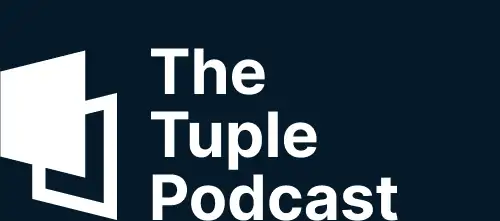Derrick Reimer, Founder of SavvyCal
In this conversation, Ben and Derrick discuss the challenges of growing a business and the decision to target specific market segments. They explore the trade-offs between serving a broad audience and focusing on a niche market. They also discuss the technical choices and architectural decisions in building a product, with Derrick sharing his positive experience with Elixir and the Phoenix framework.
Links
- Tuple.app (https://tuple.app) - The best app for pair programming
- SavvyCal.com (https://savvycal.com) - The scheduling tool Derrick created
- Phoenix (https://www.phoenixframework.org) - the Elixir framework SavvyCal is built on
- Rails (https://rubyonrails.org) - the Ruby framework Ben worked with
Key Takeaways
- Elixir and the Phoenix framework offer a maintainable and explicit approach to building applications.
- Functional programming paradigms can simplify code organization and improve maintainability. Object-oriented programming and functional programming have different approaches to code organization and maintainability.
- The active record pattern in Rails can lead to large and complex models, while the repository pattern in Phoenix provides a more modular and explicit approach.
- Open source contributions can be seen as a good faith contribution to the commons and can provide benefits such as status and marketing opportunities.
- Developers can improve their design skills by studying resources like the book 'Refactoring UI' and being introspective about user interfaces in their daily lives.
Chapters
- (00:00) - Introduction and Background
- (02:12) - Savvy Cal and Horizontal Products
- (05:56) - Choosing Between Niche and Broad Audience
- (15:59) - Phoenix vs. Rails
- (22:20) - Object Oriented vs. Functional Programming
- (36:02) - The Motivations Behind Open Source Contributions
- (43:20) - Improving Design Skills as a Technical Person



